 “I tried to pass myself off as an adult when I was a kid, and now, ironically, I am an adult who tried to write in the voice of a child,” writes Heather O’Neil, who regurgitates moments from her childhood in vivid passages as luminescent as poetry in her first novel, “Lullabies for little criminals.”
“I tried to pass myself off as an adult when I was a kid, and now, ironically, I am an adult who tried to write in the voice of a child,” writes Heather O’Neil, who regurgitates moments from her childhood in vivid passages as luminescent as poetry in her first novel, “Lullabies for little criminals.”Baby is the character partially modeled after O’Neil’s own experiences growing up in Montreal, with a father addicted to heroin, and turning to drugs and prostitution at the age of 13. Despite the dark and twisted aspects of Baby’s life, moving from cheap apartments to juvenile institutions, back to dirtier apartments, her imagination and optimism is never extinguished. What is revealed deeply throughout the core of O’Neil’s character is the need to be loved. As relatable as breathing, Baby walks through life placing her trust in others, searching for someone to notice her, protect her and find the value that she hasn’t yet found inside herself. Shadow and light intermingles in this novel which depicts a girl’s life of poverty and her struggles to become accepted and hold on to her childhood and the sweetness and innocence it holds.
Baby eventually turns to drugs to escape her life where her father’s withdrawal makes her into the enemy and sex becomes a meaningless act that a pimp convinces her is an inevitable fate. She starts to believe that she isn’t worth anything better and that her joy is slowly being sucked out through straw. In one scene she shoots up heroin in a bathroom stall to satisfy her craving for momentary salvation. “This dope was different. I could hear the sound of my own heart beating. The woman in the picture began combing her hair. I whispered the word “Shit” and it came out of my mouth in calligraphic letters, like in a cartoon…. I decided I’d better keep my mouth shut. I was way too stoned.”
Every experience in Baby’s life is written like poetry, or song lyrics too honest to be uttered aloud. O’Neil’s words punctuate every passage with shameless ease that flow and draw you avidly into her observations. Her story is described simply and what you’re left w
 ith is a brightly painted picture that hangs in your mind long after you’ve read it.
ith is a brightly painted picture that hangs in your mind long after you’ve read it.Every comparison is so blunt and unique, like, “the night was like a typewriter that got stuck”, or “I’d turned to a guy sitting next to me and said, ‘Somewhere there is a sparrow singing in B minor.’ I swear to God, pot made me a genius.”
Such simple things are made beautiful, and even when horrible events are taking place in the turmoil that whirls around her Baby gives everyday images a fresh meaning, like, “In the window, the moon had made itself so tiny it was just a hole in the elbow of a sweater.”
As O’Neil’s first published work, which won CBC's, Canada Reads award in 2007, this is a remarkable novel, poignantly told without reserve or fear. The part of us that wants to be loved and accepted is exposed in a raw, startling way. A meaningful message is summed up when Baby says, “I was just going to have to start being my own person.” Ultimately we can all be little criminals, but the choice is ours.






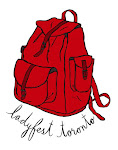

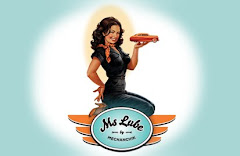
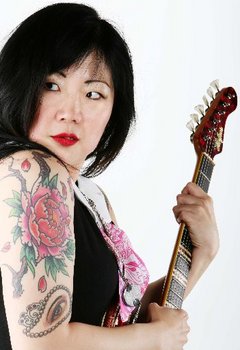
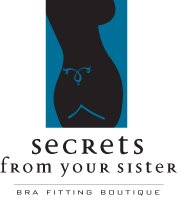


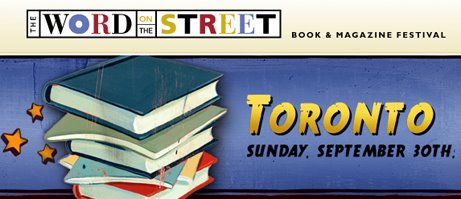

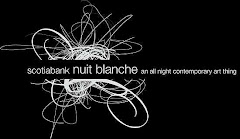
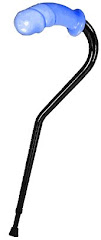
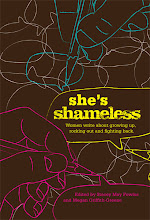
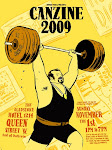






1 comment:
I am so glad you enjoyed it. I just had a feeling that you would enjoy and savour this book. So many young woman (and older woman) seek outside love, fullfilment and acceptance from a man...good luck. What a shame. I would not want to carry that heavy responsibility for another. I was enlightened by the strangest individuals and circumstances on female/male relationships. It was done while living in Anjo, Japan from an older gentlemen whom was a high level chairman of Toyota Motors. Strangely enough he used the 3 circle ensignia of Toyota to demonstrate it. Understanding it is one thing (big leap for a simple man), but putting into practice is another.
Post a Comment